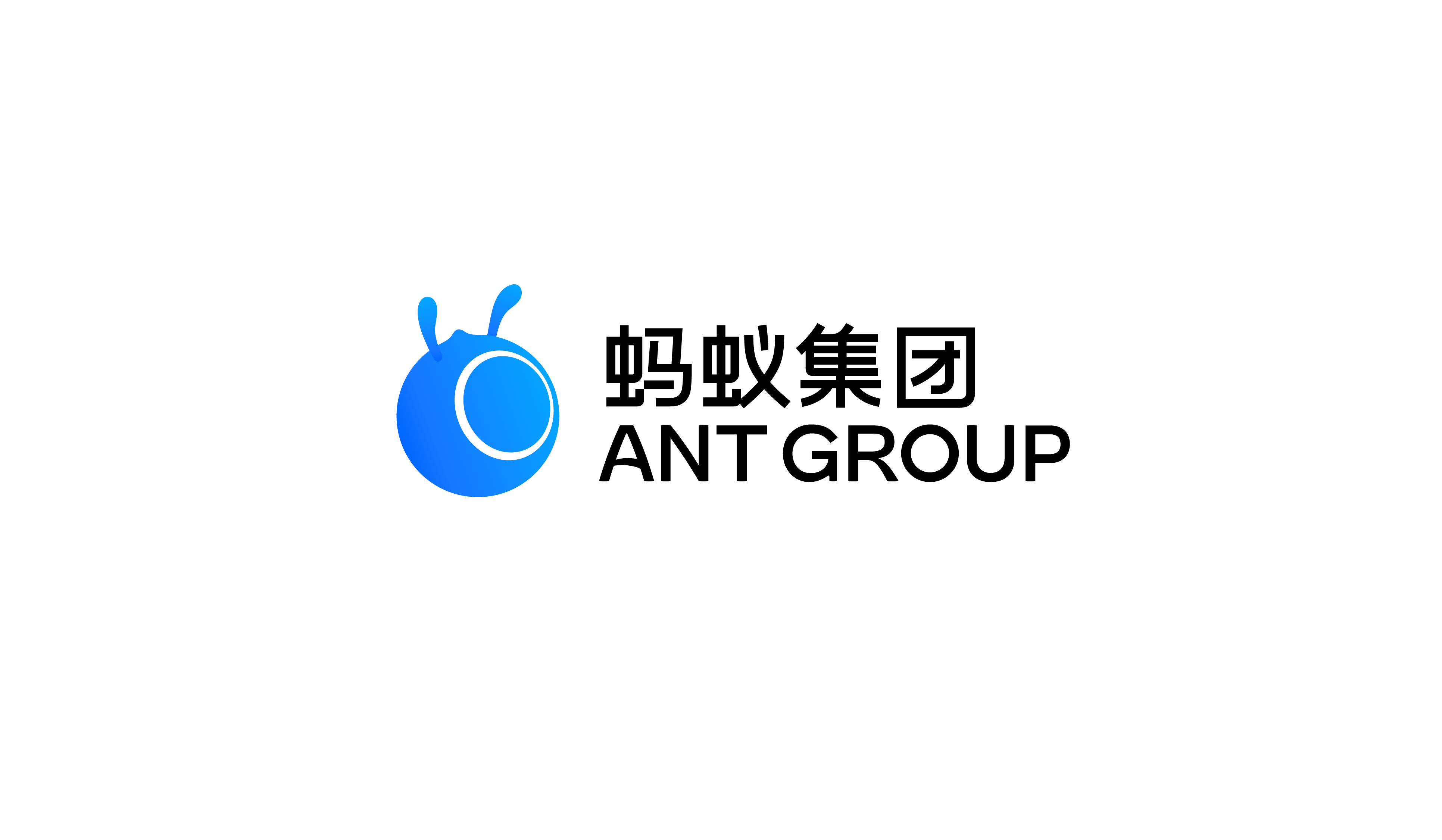Initially anticipated to take place approximately two years ago, Ant Group’s initial public offering (IPO) has suffered another setback as its dual listing on the Shanghai and Hong Kong stock exchanges was pulled after Chinese authorities cited “major issues.”
Whilst no specific infringements or details have been made public, two variables are being pointed to as the likely cause behind the postponement of the most anticipated IPO of the year.
One variable is the size of Ant Group, which has gone largely unregulated due to its software company-esque business model. This has enabled it to avoid the same capital and liquidity requirements state regulators expect of traditional financial institutions.
Regulations
Yet the People’s Bank of China and the state banking regulator have released draft regulations targeting online lenders. Measures would include capping loans at $44,843 or one third of a borrower’s annual income, whichever is lower. Other regulation will stipulate that lenders must have minimum capital requirements: CNY5bn to be approved as a nationwide lender and CNY1bn as a regional lender.
Meanwhile, corporate loans will not be allowed to exceed CNY1m and leverage will be capped at 16–17 times the assets under management. As such, the official party line is that the suspension of the IPO is to safeguard financial stability and reduce the inherent risk with offering non-collateralised credit to such a large number of young, digitally adept customers.
The other possible cause of the Chinese government’s actions is the unflattering comments made by founder Jack Ma at the Basel Accords banking summit. In railing against regulation and its impediment to innovation and entrepreneurship, his comments appear to have jolted authorities into action – to the extent that it has been reported President Xi Jinping personally made the decision to halt the IPO. Whilst many industry analysts agreed with the sentiments espoused by Ma, some have argued that his chosen forum was less than ideal.

US Tariffs are shifting - will you react or anticipate?
Don’t let policy changes catch you off guard. Stay proactive with real-time data and expert analysis.
By GlobalDataBank winners
The biggest winners from the events that have unfolded are China’s state-backed banks and lenders. These incumbents now have the opportunity to compete on a more even footing with new fintech and digital banks, which until now have had considerable advantages from a regulatory standpoint.
Critically, this will include online lenders having to provide at least 30% of the funding when they offer loans, as opposed to the current figure of 2%. Proposed regulatory changes have led to the share price of banks across China soaring to record highs, whilst Alibaba Group (which owns an approximately 33% stake in Ant Group) is down 6%.
Market concentration data from GlobalData’s Global Retail Banking Analytics dashboard shows that over the last decade the concentration of personal loans provided by the top five banks in China has fallen 42 percentage points.
This represents the largest decrease in market concentration experienced in any country covered in our country report series. This loss of market share has been devastating for the likes of ICBC, which in 2010 controlled a fifth of the Chinese personal loans market but accounted for just 3% in 2019.
Compared to the likes of Singapore, the US, and Australia, the position of the five largest consumer credit providers has been significantly disrupted, with market concentration increasing in both Singapore and Australia and only decreasing 4 percentage points in the US. Regulatory alignment between companies operating in the same industry as well as improved technology and digital offerings from incumbent banks could see these players regain market share in the coming years.










